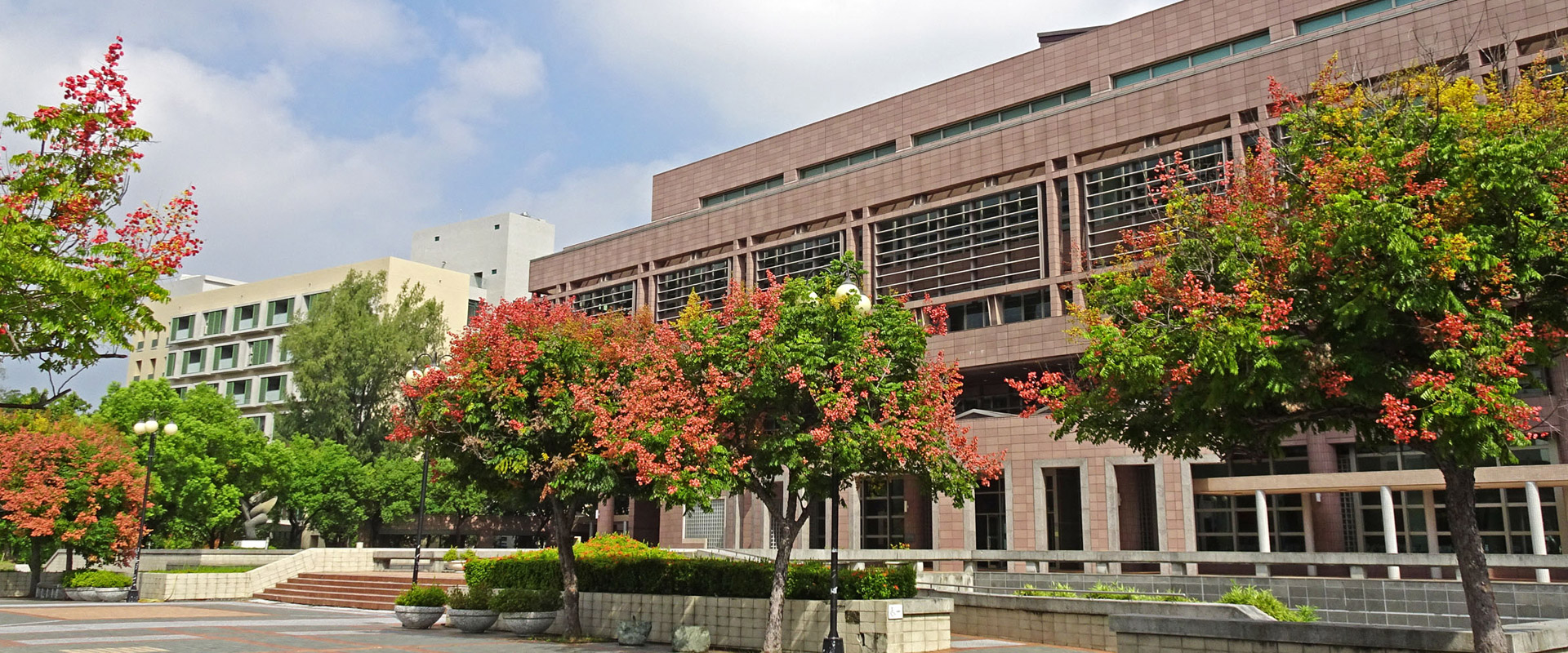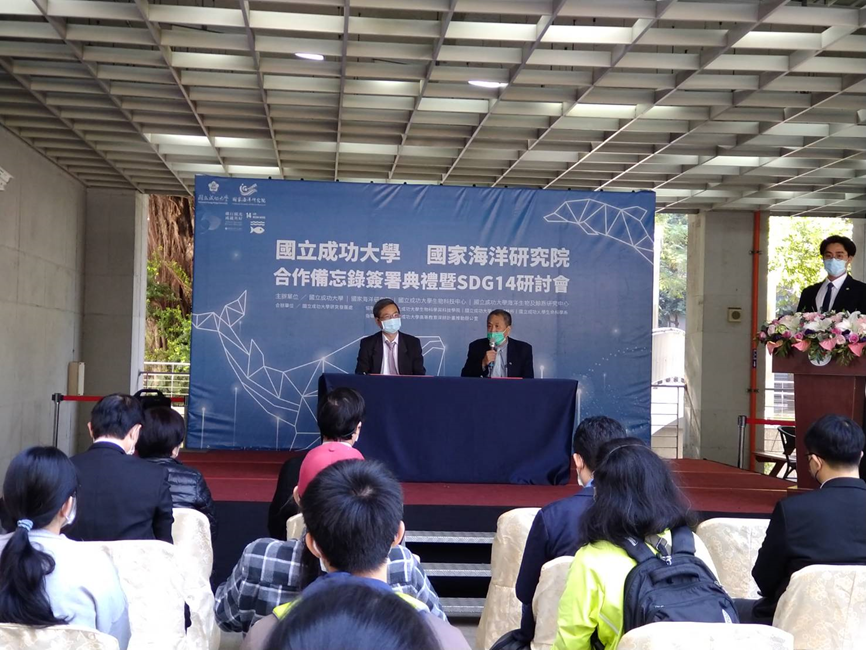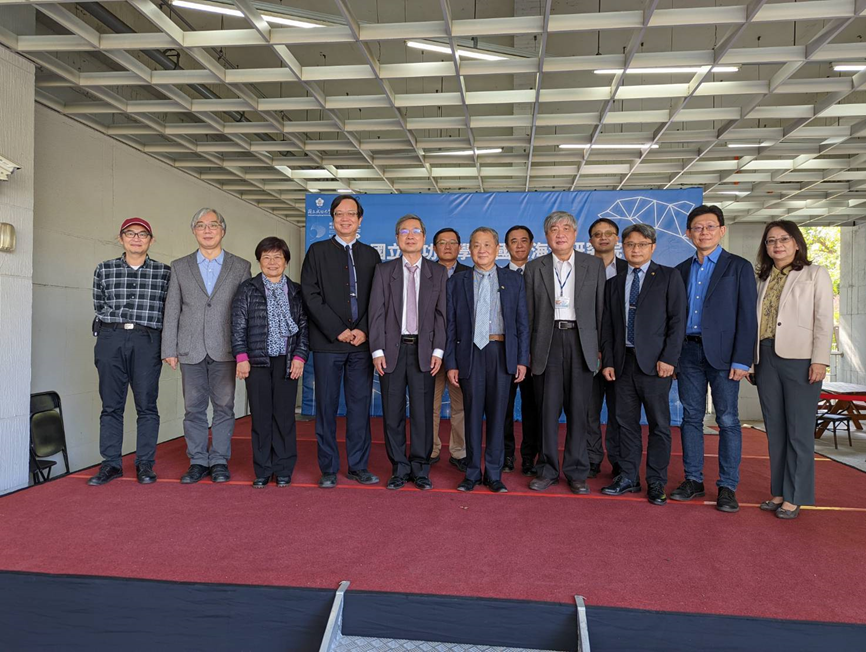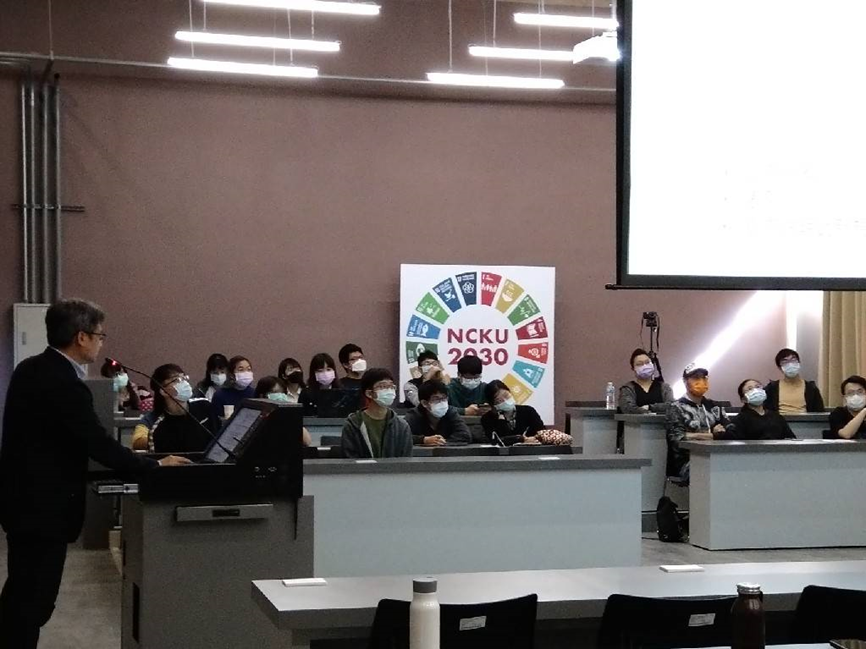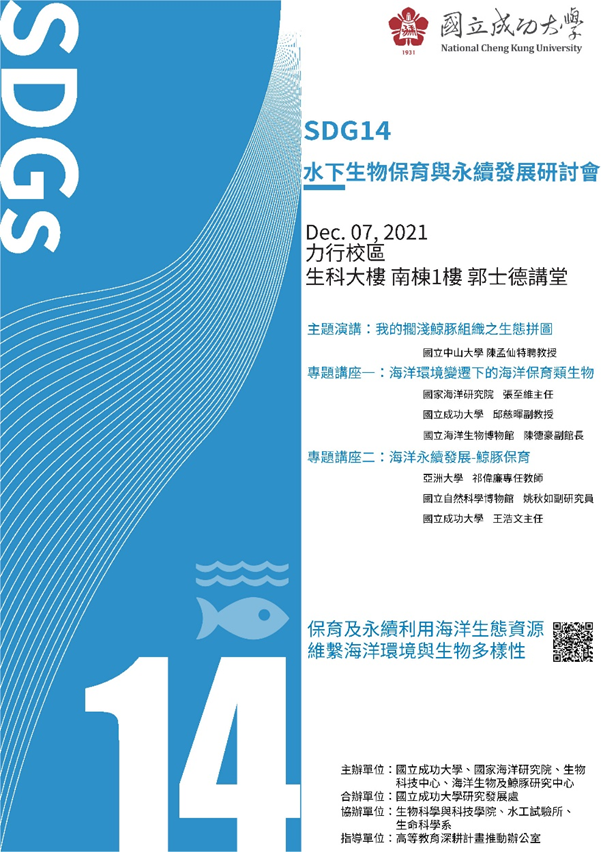
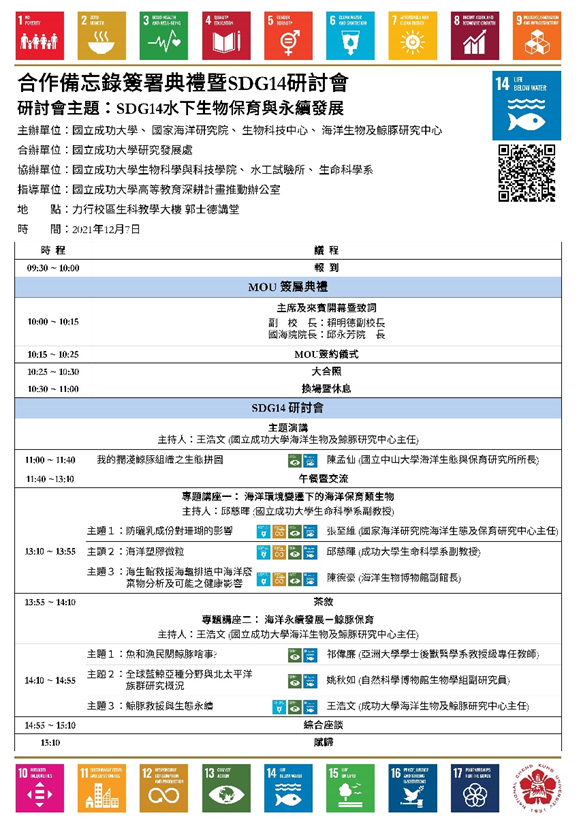
The ocean accounts for 70% of the earth's surface. The ocean produces more than half of the oxygen on the earth. It is the largest carbon storage reservoir on the earth and affects global warming. The diet and livelihood of more than 3 billion people are closely related to the ocean. The United Nations released the "Sustainable Development Goals" in 2015, of which the 14th item is Life Below Water, which aims to "conserve and sustainably utilize the oceans and marine resources to ensure sustainable development". Its sub-objectives clearly point out the sustainable management of marine resources and the protection of marine and coastal ecosystems, as well as strengthening scientific knowledge, developing research capabilities, transferring marine technology, and formulating standards and principles for the transfer of marine technology to improve ocean health and promote marine life. Contribution of diversity to the development of developing countries. Therefore, this SDG14 Symposium is divided into two main subjects: "Marine Conservation - Cetacean Conservation" and "Marine Ecology". From the perspective of cetacean conservation and Taiwan's marine life research, we will understand marine sustainability, and focus on national marine life and marine life. The Cetacean Conservation Policy provides assistance with practical policy implementation. It not only provides a platform for scholars to communicate, but also provides participants with an understanding of the importance of conservation and sustainable use of marine ecosystems.

